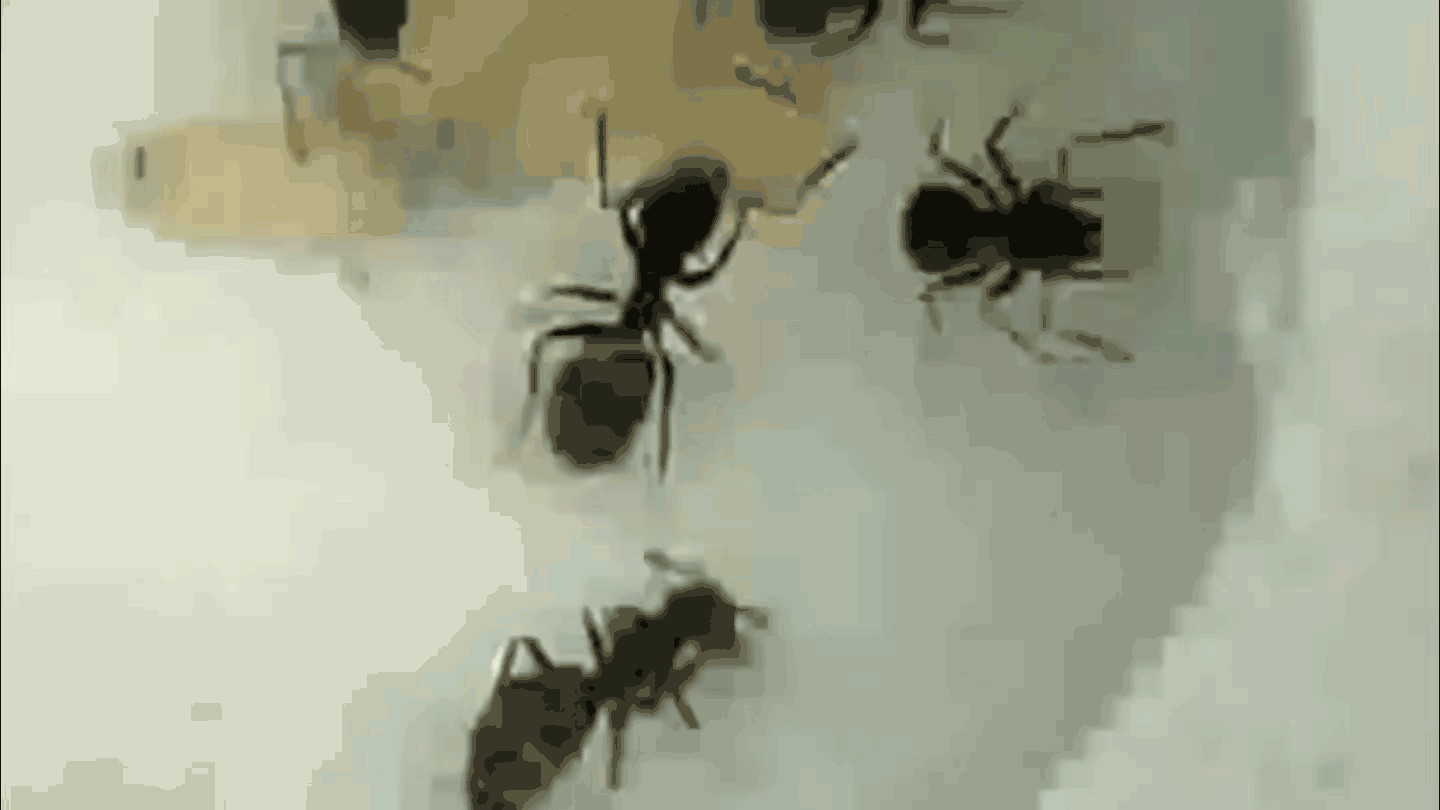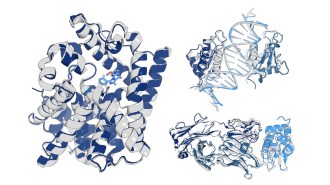By laying sheets of plastic across their fields, farmers can bring crops to market faster while reducing their vulnerability to many blights (SN: 12/13/97, p. 376). On the negative side, however, this polymer mulch creates impermeable surfaces over more than half of a planted field. That significantly increases the amount of rain and pesticides that runs off into nearby lakes and streams (SN: 9/25/99, p. 207). A new study on tomato fields shows that this runoff can kill fish, clams, and other aquatic life.
Although farmers apply many different agricultural chemicals to tomatoes, copper-based pesticides are among the most popular, says Andrea M. Dietrich, an environmental engineer at Virginia Polytechnic Institute and State University in Blacksburg. To kill the bacteria and fungi responsible for several major blights, farmers routinely use up to 3 pounds of copper salts per acre per week throughout the growing season. Unfortunately, she notes, a lot of the copper runs off into nearby waters.
Dietrich’s field measurements turned up hundreds of micrograms of dissolved copper per liter of runoff. Even when diluted in streams, concentrations of the dissolved copper could range from 20 to 100 µg/l, depending on the volume and frequency of rains, she reported last month at the American Chemical Society meeting in Washington, D.C. According to her data, copper from crop-field runoff can remain elevated in streams for up to 2 days following a storm. At other times, copper concentrations were undetectable.
Dietrich also added samples of the runoff to water to a greenhouse-size model estuary. “It killed grass shrimp and juvenile fish,” she reports. Experiments by others have demonstrated that copper concentrations as low as 32 µg/l kill up to half the larval oysters in a sample. Just half that concentration of dissolved copper kills 50 percent of larval clams. Dietrich now reports laboratory data showing that “doses below 16 µg/l copper cause deformities and reduce activity in larval clams.” Not only did the young mollusks stop swimming, but when they metamorphosed into their adult form, many exhibited shell and foot defects. In others, she notes, “what should have been internal organs ended up hanging outside of the shell.”
Because the popularity of plastic mulch continues to grow, Dietrich is now investigating ways that farmers might trap and treat runoff before its toxicants enter open waters.






